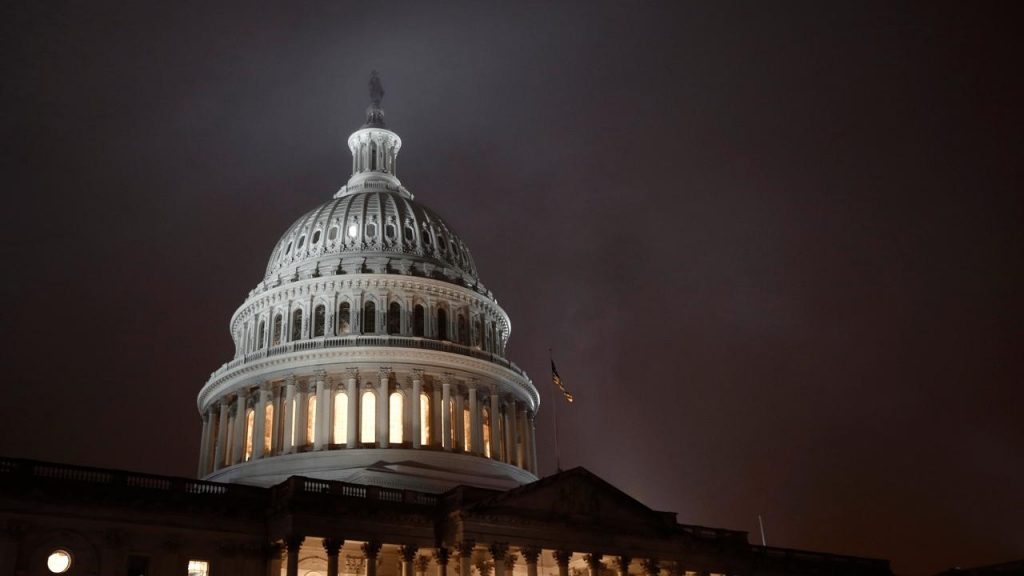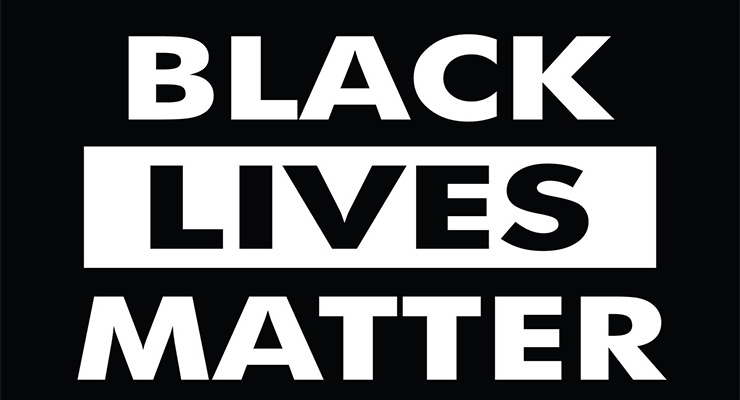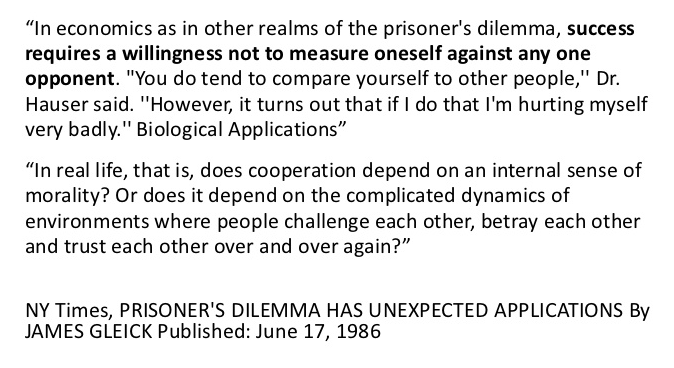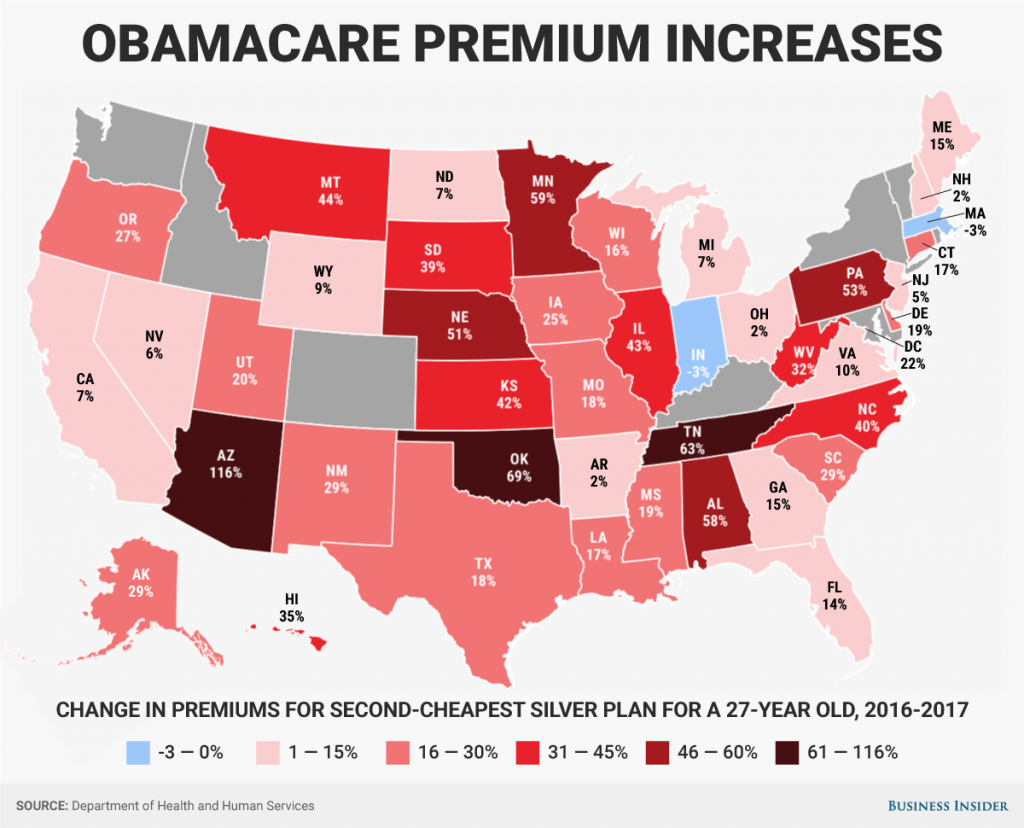
As I sit to write this article I still find myself struggling to understand the goal of the Senate GOP Health Care bill(s). Obviously, the overall ideology and goal is to reduce the role of the federal government involvement in individual’s healthcare leaving it for the states to decide the fate of healthcare within their own borders. The goal is to make the system more competitive and drive down the costs for individuals across the nation. Along with reducing funding to Medicaid, the tax increases that Obama put into place will expire and a significant amount of money, over time, will go back into the pockets of rich Americans. They will theoretically trickle that accumulated wealth back down to those in abject poverty, create jobs and a better America. Many Americans may benefit from this bill while another portion of vulnerable Americans will find that this bill does little to help their standard of living or make the cost of healthcare easier to bear.
I plan to concede to several facts regarding the ACA and it may be worthwhile to mention them up front and get them out of the way: 1) Yes, some individuals in the United States had higher premiums once the ACA was made law. 2) Yes, young healthy individuals who did not want healthcare had to buy in or were subject to fines (ideologically an infringement upon the right of an individual to make their own health decisions) 3) The ACA did little to drive down the cost of medicine like medical procedures, exams, preventative medical appointments, consultations, surgeries etc. 4) Even though the ACA was signed into law on average we (as Americans) still pay more for less than other westernized countries in terms of healthcare.
There! I have conceded several facts regarding the ACA.
At ModState we try to bring every non-violent view to the table to glean broader perspectives revolving around the major issues of the day. Healthcare continues to galvanize our tribal cores pitting strong ideological views on the right to the social justice advocates on the left.
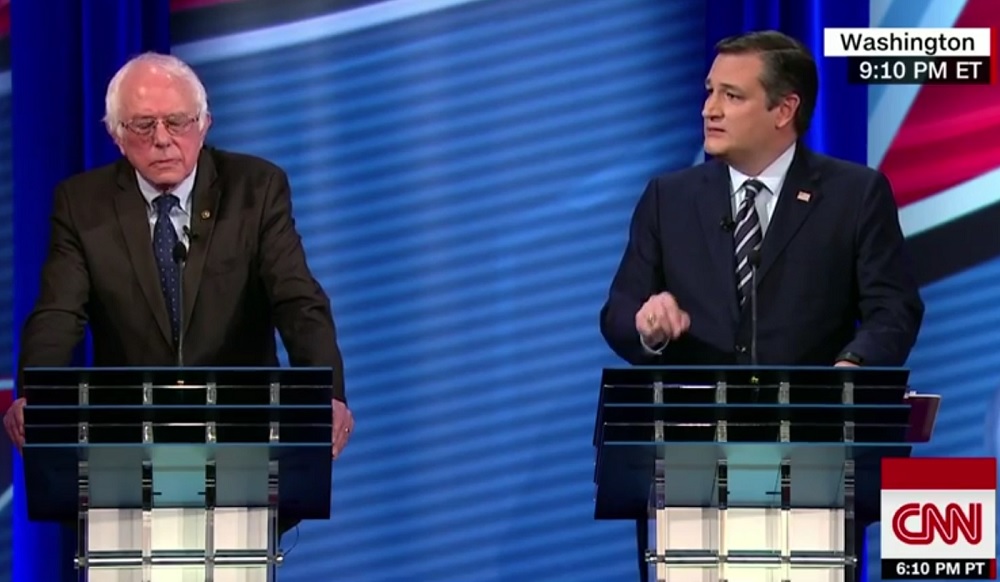
Which path do we travel down and which is truly better for our country? Bernie Sanders and Ted Cruz had a very mature debate regarding healthcare on CNN, in 2016, and it was apparent Ted Cruz felt that the slippery slope of federal government involvement in your personal life was taking place while Bernie Sanders felt that the definition of access to healthcare was disingenuous because anyone can walk into a hospital or clinic (access) but that doesn’t mean you can afford the treatment you need. With a background in medicine, I bring both firsthand experience of what could transpire when you reign in federal funding to expanded Medicaid system leaving vulnerable Americans in an even more tenuous position. Generally, the more vulnerable individuals like the elderly, those with disabilities and people in extreme poverty have more health issues, or comorbidities, including an increased mortality rate. Another concession…YES there are elderly, people with disabilities and Americans in extreme poverty who do play the system. There are also rich Americans who play the system as well whether that be taxes, off-shore banking etc.
So, I refuse to be disingenuous and not admit to these issues. Overwhelmingly, there are more people on Medicaid and Medicare that need those programs than there are those who just “playing the system.” Is it smart to demonize an entire population of people because a small majority of people play the system?
What if I told you that by shredding these programs the majority of these law-abiding hard-working Americans will continue to get sick. In fact, if we strip these programs and the ability to afford healthcare that these vulnerable population will most likely forgo preventative medical treatment, consultations and visits because of cost and not seek healthcare until the cost of that care is exponentially higher than routine visits. In this case this bill will never get paid and will be a cost incurred by our entire society. Access to healthcare that is affordable and reliable can help drive down costs over-time by reducing inpatient hospital stay and possible highly expensive procedures specialists because of quality management by their primary healthcare MD. I truly believe that both the right and the left have the same exact goal overall but the GOP Senate Bill moves us away from this goal in a rather glaring way with no real alternative plan for affordable access for all Americans. A recent study showed that the cardiac arrest rate dropped 17% in middle age adults since the ACA expanded coverage. This is directly attributed to preventive healthcare access.
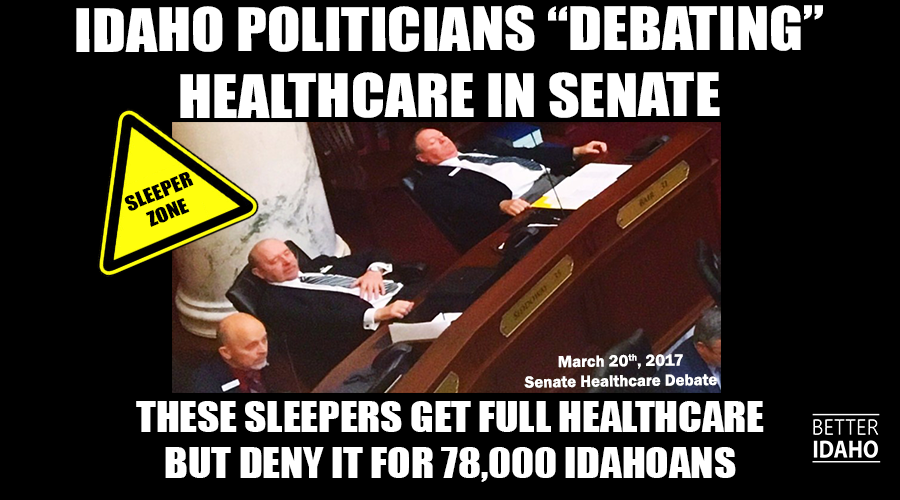
Now, let’s put “cardiac arrest” into perspective: cardiac arrest means your heart stops. Unless CPR is initiated and a pressure is maintained throughout your body then the lack of perfusion to your organs will render you dead in minutes. If you are resuscitated the rehabilitation from return-of-circulation (your heart starts again) to walking out of the hospital is lengthy and unbelievably expensive. Yes, a large portion of these out of hospital cardiac arrest patients will die but the cost to the social fabric and the overall economic burden of both the death and those who live is extensive and can be devastating. If we are seeing significant decreases in these events it is hard to provide an argument that says we should pull funding to these programs that have allowed for our fellow countrymen to have better and safer lives. Situations like this are part of the reasons why organizations like the American Medical Society could not, in good faith, support the Senate bill that has been drafted. Out-of-hospital cardiac arrests is just one example of what could happen as we give more and more Americans greater access to affordable healthcare. What I have left out of this article is the increased access to low cost reproductive health and family planning clinics, and OBGYN clinics for pre-natal healthcare which would drop the infant mortality rate and help boost our overall healthcare rating in the world.
A major goal of the Senate Bill is to reduce federal spending and essentially save money over the next several years. Ideologically and fiscally this is not such a bad idea ,as our federal debt continues to rise (as noted on the ModState homepage). What unfortunately looks bad is the ideological outcome of their proposed plan. Stripping away safety nets (please note my abortion piece about the dissolution of safety nets because of ideology) will only create a greater burden on society as a whole whilst the richer Americans will undoubtedly receive tax breaks that will amount to a large sum of money over the next several years. So that means we are stripping safety nets for the poor and giving money back to the rich. I am not aligned with one political belief over another but the irony and disgust that people see in this situation does not elude me.
 People don’t miraculously stay healthy when they cannot afford healthcare, and the idea that the states will step and fund these Medicaid and Medicare programs is taking a leap of faith. Again, I cannot stress enough that reducing federal government involvement doesn’t necessarily mean that the states will step up and help their disenfranchised citizens nor will they be able to bear the burden of funding all of their Medicaid and Medicare recipients. We should approach this situation as a team and partners with governors and capitol hill civil servants working together to develop a plan that benefits everyone. Recently both the governor of Colorado and Ohio met with senators on capitol hill to discuss plans for healthcare reform. This was an important meeting because if the GOP gets their way when the healthcare bill is voted upon these state governors will have to bear the burden of reduced funding to their states and will have to implement plans that will allow for their populations to remain safe and have access to affordable care. Bear in mind the majority of Americans find this bill wildly unpopular.
People don’t miraculously stay healthy when they cannot afford healthcare, and the idea that the states will step and fund these Medicaid and Medicare programs is taking a leap of faith. Again, I cannot stress enough that reducing federal government involvement doesn’t necessarily mean that the states will step up and help their disenfranchised citizens nor will they be able to bear the burden of funding all of their Medicaid and Medicare recipients. We should approach this situation as a team and partners with governors and capitol hill civil servants working together to develop a plan that benefits everyone. Recently both the governor of Colorado and Ohio met with senators on capitol hill to discuss plans for healthcare reform. This was an important meeting because if the GOP gets their way when the healthcare bill is voted upon these state governors will have to bear the burden of reduced funding to their states and will have to implement plans that will allow for their populations to remain safe and have access to affordable care. Bear in mind the majority of Americans find this bill wildly unpopular.
NPR/PBS/NewsHour/Marist poll came out that shows 55% disapprove of this plan while other surveys show that only 17% of Americans approve of this plan. The Congressional Budget Office found that roughly 22 million Americans would not have healthcare by 2026 although there would be a cut to the national deficit by roughly 300 billion dollars. Remember that these 22 million Americans are not necessarily individuals who do not want the individual mandate but people who will simply not be able to afford healthcare. Their departure from affordable healthcare will most certainly create a greater burden to America due to their inability to procure the affordable comprehensive healthcare that the need. We need a plan able to be implemented throughout the whole system instead of a hand-full of older, white male Senators secretly devising an ideologically-based plan that theorize with people’s lives. American lives.




